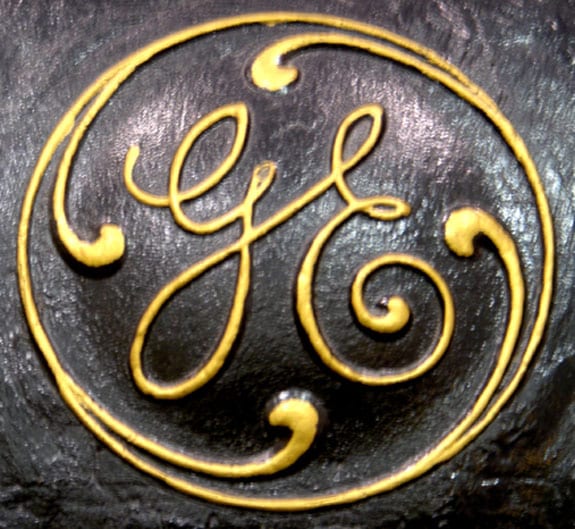
February 14, 2019; WCVB
On the same day Amazon decided to abandon its plans to establish a secondary headquarters in New York City, leaving behind $3 billion in public incentives, GE announced that it would repay the city of Boston for almost $90 million in development incentives based on the company’s promise of 800 Boston-based jobs.
Since the deal was struck in 2016, the company’s value has waned and it is no longer in a position to follow through on its promises. (Then again, the deal was never a slam dunk for locals, who at the time had just rejected a bid to host the 2024 Olympics.) At the time, we wrote that GE’s track record of tax avoidance and pollution led activists to believe that any potential benefits couldn’t justify the cost in public dollars.
Sign up for our free newsletters
Subscribe to NPQ's newsletters to have our top stories delivered directly to your inbox.
By signing up, you agree to our privacy policy and terms of use, and to receive messages from NPQ and our partners.
Some philanthropic players were, however, willing to step forward in the speculative deal when philanthropic dollars were committed. “This instantly makes GE a major corporate giver in our community,” said Paul Grogan, president of The Boston Foundation, which has been deeply involved in corporate education reform. “This vaults them into a leading position in terms of corporate philanthropy.”
But true to form, the philanthropic dollars committed did not expand the company’s giving—it just redirected it.
In any case, Boston can use its $87 million back. And, in truth, getting the money back is something of a break with tradition, which usually involves no repayment of incentives, even when promises do not materialize. For other articles on this topic, read here.—Ruth McCambridge











